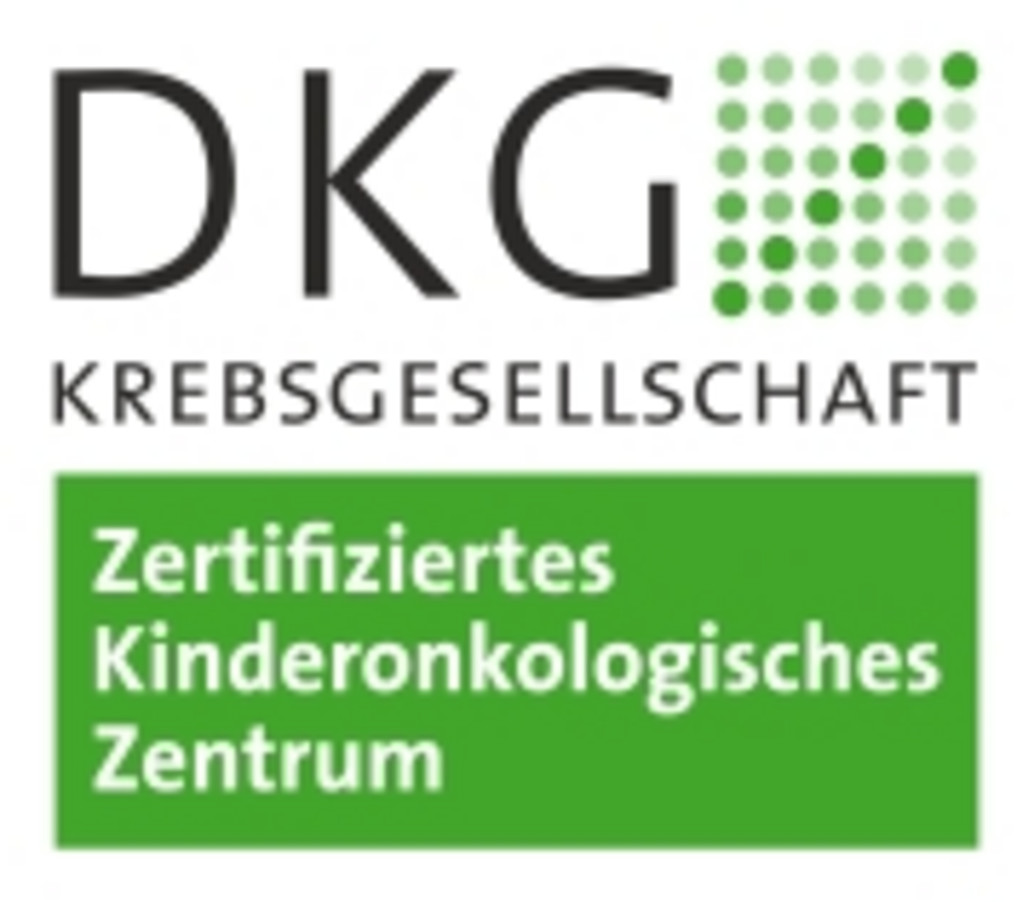Molecular Diagnostics in Early Detection of Cancer
Epigenetic analysis of liquid biopsy
The early detection of cancer is expected to significantly improve patient survival rates. In this context, liquid biopsy offers a simple and fast method to detect cancer and monitor disease status or response to treatment. Generally, mutations in circulating DNA (ctDNA) are used to detect the presence of cancer or follow cancer evolution. Our hypothesis is that not only genetic but also epigenetic biomarkers can be used for the early identification of patients with cancer.
Project relevant Publications:
Maximilian Sprang , Claudia Paret, Joerg Faber. CpG-Islands as Markers for Liquid Biopsies of Cancer Patients Cells, 2020 Aug 1;9(8):1820. doi: 10.3390/cells9081820.
Molecular Diagnostics in Early Detection of Cancer
The early detection of cancer is expected to significantly improve patient survival rates. In this context, liquid biopsy offers a simple and fast method to detect cancer and monitor disease status or response to treatment. Generally, mutations in circulating DNA (ctDNA) are used to detect the presence of cancer or follow cancer evolution. Our hypothesis is that not only genetic but also epigenetic and lipids biomarkers can be used for the early identification of patients with cancer.
GD2 detection in liquid biopsy
GD2 is a disialoganglioside highly expressed on the surface of certain cancer cells, including neuroblastoma. GD2 is largely absent from normal tissues, making it an ideal target for detecting tumor presence through minimally invasive liquid biopsy methods. Tumor cells can indeed shed GD2 in the extracellular environment, including the bloodstream. GD2 detection in blood allows for early detection, and assessment of treatment response without the need for invasive tissue biopsies. Moreover, GD2’s role as a biomarker supports personalized therapy approaches, including the use of anti-GD2 immunotherapies. We are currently developing a mass spectrometry assay for the detection of GD2 in pediatric tumors, including Ewing Sarcoma.
Epigenetic analysis of liquid biopsy
Unlike gene mutations, which vary widely, methylation patterns remain relatively stable during cancer development. Our research explores using DNA methylation patterns, specifically global CpG island methylation, as reliable biomarkers in blood to detect cancer.




